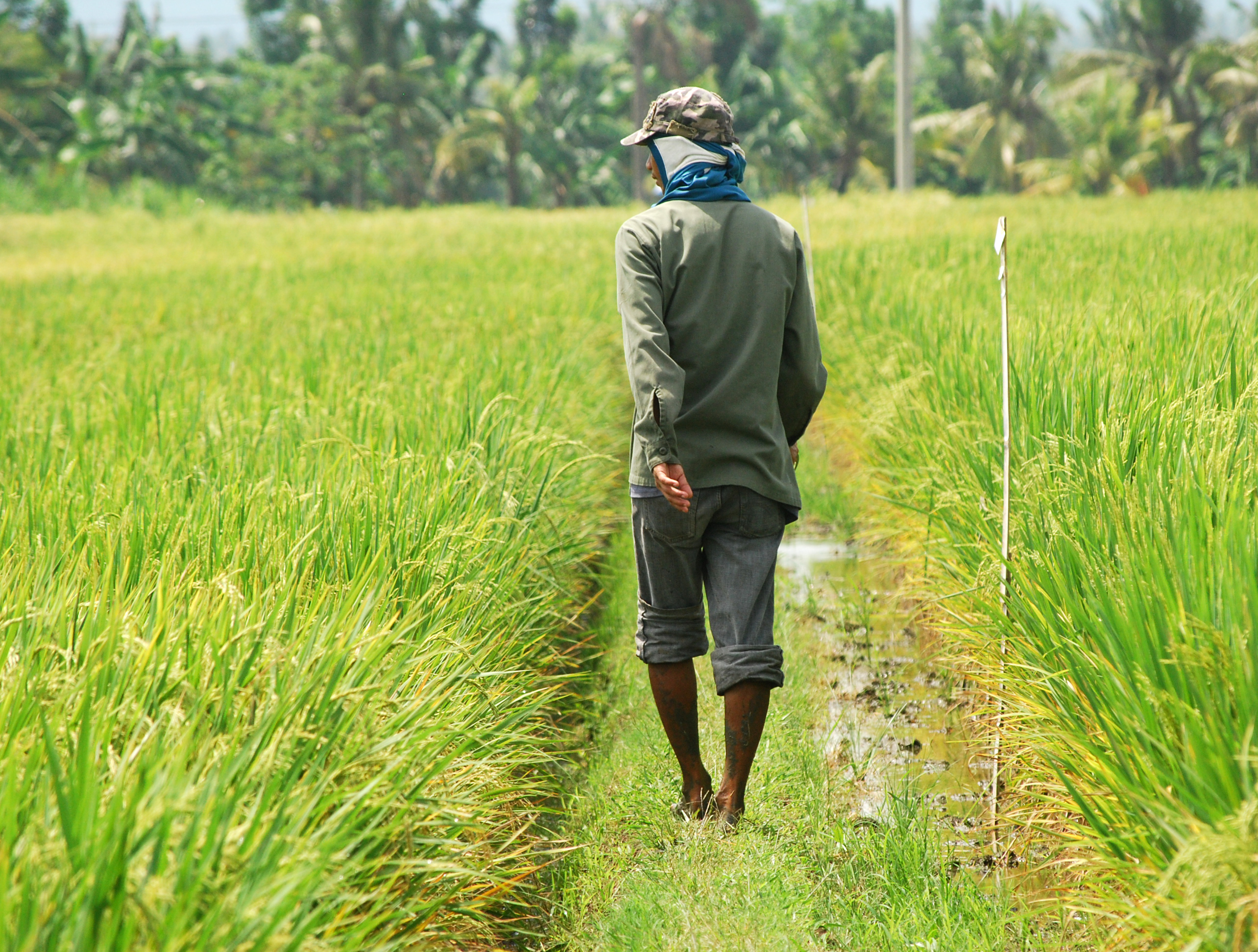The Department of Agriculture (DA) has allocated P2 billion to fund youth agripreneurship ventures to encourage the young generation to go into agriculture as most of the country’s farmers are approaching their sunset years.
The money will be funneled into the agency’s credit arm, which Filipino millennials can tap to jumpstart agricultural projects. Two lending programs, namely the Young Agripreneurs Loan Program (YALP) and Micro and Small Agribusiness Loan Program (MSALP), will receive an initial budget of P1 billion each by the end of the month.
“This is our way to attract the younger generation of Filipinos to be key players in attaining our vision of a food-secure Philippines with prosperous farmers and fishers,” Agriculture Secretary William Dar said. “We have to replace ageing farmers with younger blood who are the future of Philippine agriculture.”
Agri-fishery graduates and hobbyists aged between 18 and 30 years old are eligible to avail themselves of the YALP loans. They can borrow startup funds of up to P500,000 with zero interest, payable in five years.
Under the MSALP, they can also borrow a working capital from P300,000 up to P15 million to finance micro and small enterprises.
The two programs will be implemented by the Agricultural Credit Policy Council (ACPC) through the state-owned Landbank of the Philippines, Development Bank of the Philippines, ACPC-accredited cooperative banks, rural banks, cooperatives and viable non-government organizations.
To ensure that the money will be used wisely, Dar said the agency would tap technical experts from state universities and colleges, the Agricultural Training Institute, the Department of Trade and Industry and business development services providers to train and mentor the young borrowers as they enter into agripreneurship.
Loan beneficiaries will be selected based on the viability and potential of their respective proposals.
The agriculture industry, despite its potential in growing the economy, has remained unattractive for most of the youth due to its laggard performance and unstable returns.
As such, farms were left to be cultivated by the old. Data from the Philippine Statistics Authority showed that the average age of a Filipino farmer has been nailed between 55 and 60 for the past years, while students who enroll at agricultural programs have been steadily declining.
Dar has been advocating for the participation of young Filipinos in changing the sector’s growth story, beginning with the provision of loans and supporting related projects.
“This has been one of my advocacies. Let us give our Filipino millennials the means to be part of our journey towards agricultural modernization and industrialization,” he said.
